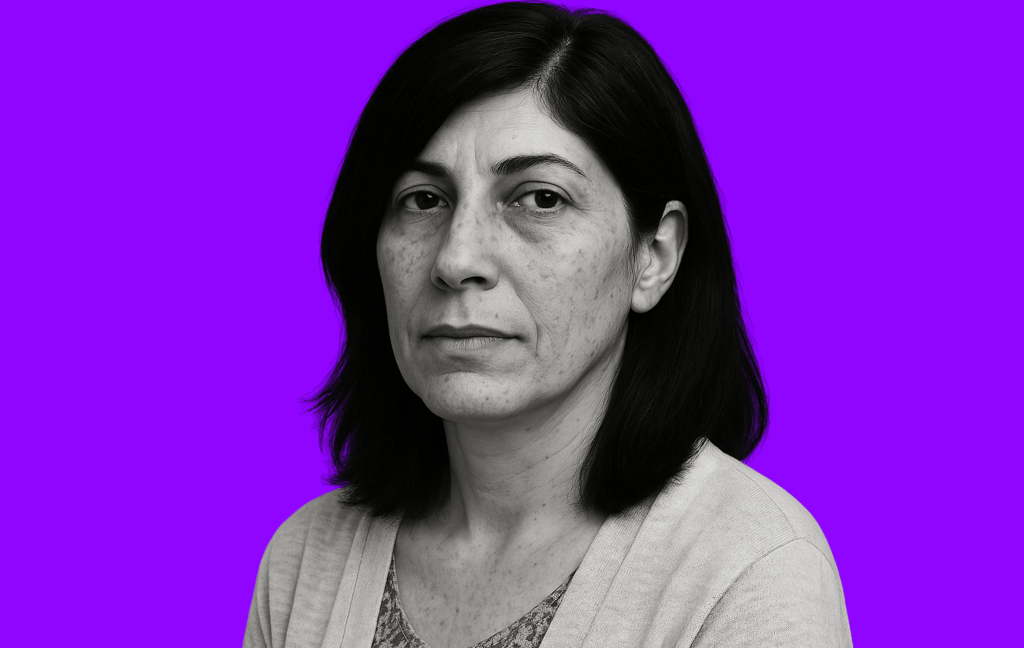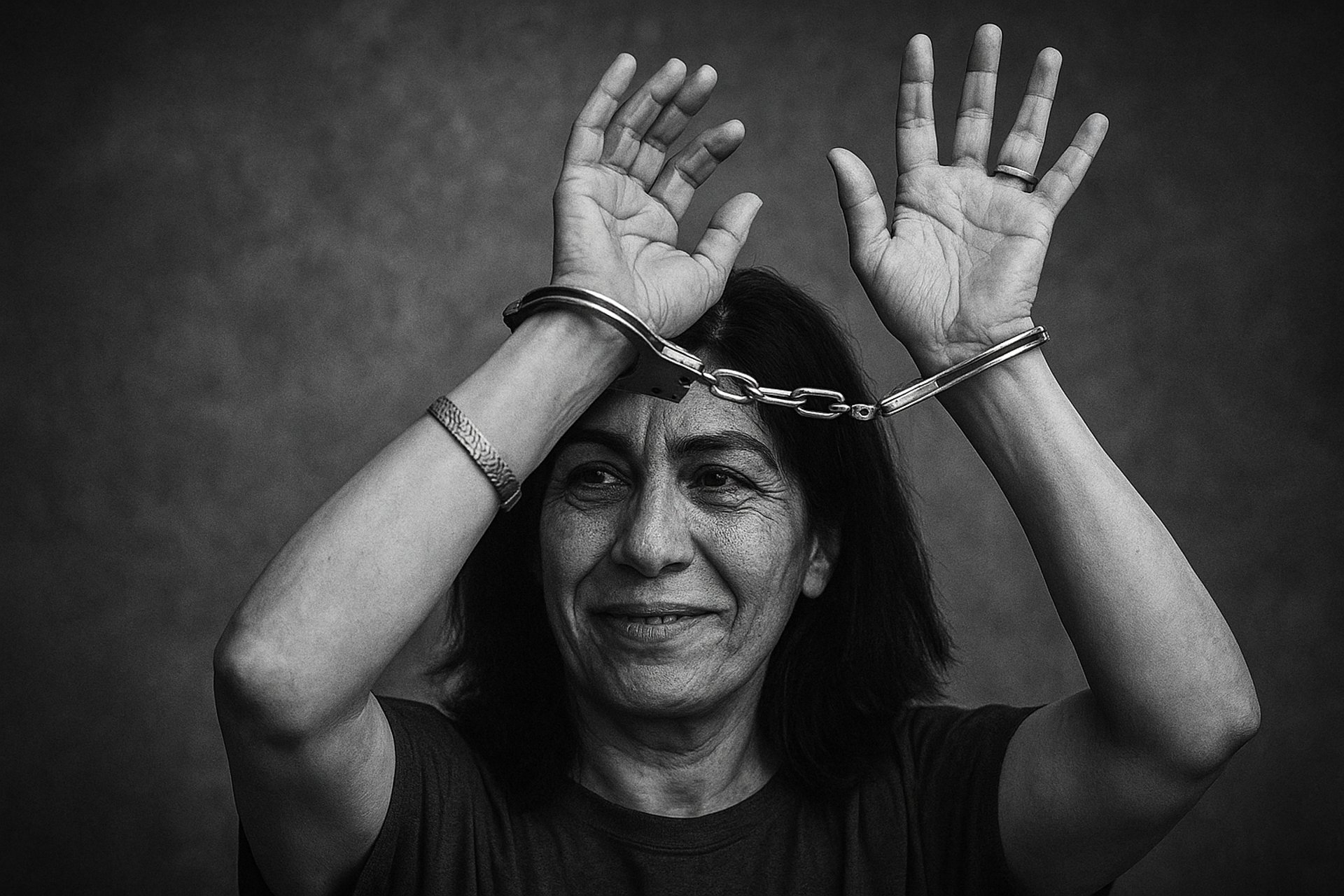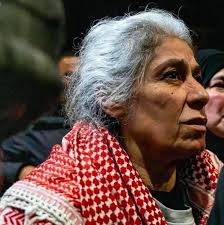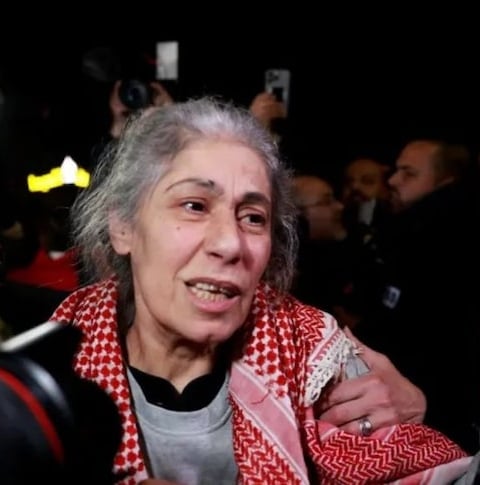Khalida Jarrar
Portrait of a Palestinian activist and prominent figure in the struggle for prisoners' rights.
9/22/20254 min read


Youth and Academic Background
Khalida Jarrar was born on February 9, 1963, in Nablus, in the West Bank, then under Jordanian administration. Her childhood was disrupted in June 1967 during the Six-Day War, when Israel occupied the West Bank, Gaza, East Jerusalem, the Golan Heights, and the Sinai. For Nablus and its region, this war was a turning point: the Israeli army took control of the territory, the first settlements gradually appeared around the city, and the population lived under Israeli military law, with curfews, administrative arrests, and movement restrictions. It was in this context of prolonged occupation that Jarrar grew up and developed her political awareness.
Academically, she pursued higher education at Birzeit University, one of the most intellectually and politically active Palestinian institutions. She earned a master’s degree in democracy and human rights, which definitively shaped her path toward defending prisoners and human rights advocacy.
Political Engagement and Prisoner Advocacy
A member of the Popular Front for the Liberation of Palestine (PFLP), Jarrar quickly became one of the main voices of the movement in Palestinian politics.
The PFLP is a Marxist-Leninist party founded in 1967 by George Habash. It is one of the main factions of the Palestine Liberation Organization (PLO), historically the second-largest after Yasser Arafat’s Fatah. Historically, the PFLP carried out armed actions, including airplane hijackings in the 1970s, which led several states—including Israel, the United States, Canada, and the European Union—to classify it as a terrorist organization.
Despite this designation, the PFLP retains a political role in the West Bank and Gaza, where part of the population sees it as a resistance force against the Israeli occupation.
Within the movement, Jarrar actively campaigns for the release of Palestinian prisoners held by Israel, a central cause in Palestinian society. She has held several key positions, including director of the NGO Addameer, which provides legal support to prisoners.
Elected as a member of the Palestinian Legislative Council in 2006, Jarrar advocates a political line focused on social justice, women’s empowerment, and ending the occupation. She is also notable for supporting Palestine’s full accession to the International Criminal Court (ICC) to document and prosecute violations committed in the occupied territories.

Arrests and Administrative Detention
Khalida Jarrar has been arrested multiple times by Israeli authorities since 1989.
In April 2015, Khalida Jarrar was arrested at her home in Ramallah by Israeli authorities. She was incarcerated due to her membership in the PFLP and for “incitement to violence,” an accusation based on her speeches and political activities. She was sentenced to 15 months in prison and released on June 3, 2016.
She was again arrested and placed in administrative detention in July 2017, without charge or trial. Her detention was renewed several times, and she was finally released on February 28, 2019, after spending 20 months in administrative detention. This practice is legal under Israeli law: it allows the detention of an individual for up to six months, renewable indefinitely, without charge, trial, or access to a lawyer, on the sole basis of a presumed threat to Israel’s security.
In March 2021, after being held without charge since October 2019, Jarrar was sentenced to two years in prison under a plea agreement. She acknowledged her participation in the Popular Front for the Liberation of Palestine (PFLP). This sentence followed 20 months of administrative detention without charge. She accepted the plea deal to avoid a long trial and a potential sentence of up to seven years. She was released on September 26, 2021. During her detention, her daughter Suha suddenly passed away at the age of 31. Israeli authorities denied her permission to attend the funeral, a decision widely criticized internationally.
On December 26, 2023, she was again arrested at her home in Ramallah, West Bank, without charge or public justification. She was placed in administrative detention at Damon Prison.




Khalida Jarrar at the time of her release on January 20, 2025, in Ramallah.
Release and Return after October 7
Following the attacks of October 7, 2023, the detention conditions for Palestinian prisoners, including Khalida Jarrar, worsened significantly. Arrested in December 2023, she was placed in prolonged isolation at Ramla Prison, in a small cell without windows or ventilation, with extremely limited food and water.
She was finally released on January 20, 2025, as part of a prisoner exchange linked to a ceasefire agreement between Israel and Hamas. Upon her return to Ramallah, her relatives described her as weakened, with pale skin, gray hair, and a voice broken by months of isolation. She testified to the emotional shock of her release, torn between the relief of freedom and the pain of the suffering endured in detention and the ongoing plight of many Palestinian prisoners. In her first days back, she denounced the mistreatment, extreme isolation, and inhumane conditions.
Sources
Amnesty International — Israel/OPT: Further Information: Palestinian Lawmaker Released: Khalida Jarrar
Amnesty International — Lawmaker’s Administrative Detention Renewed, Khalida Jarrar
Human Rights Watch — Dispatches: Israel Locks Up Palestinian Lawmaker
Human Rights Watch — Born Without Civil Rights: Israel’s Use of Draconian Military Orders
Al Jazeera — Who are the Palestinian prisoners released by Israel?
Truthout — Held in Isolation, Palestinian Leader Khalida Jarrar Faces Torturous Conditions
ICHR — ICHR condemns the torture of the PLC member, Khalida Jarrar
sraeli court sentences Khalida Jarrar to two years in prison — Mondoweiss
Khalida Jarrar — Wikipedia
